1 Litre of Tears
- 8.7
- Drama
- 2005
- 1h
- 14+
"1 Litre of Tears" is a Japanese television drama that aired in 2005, based on the true story and diary of Aya Kito, a young girl diagnosed with an incurable degenerative disease called spinocerebellar ataxia. The series stars Erika Sawajiri as Aya and Ryo Nishikido as Haruto Asou, her supportive friend. The drama follows Aya's journey as she faces the progressive challenges of her illness with courage and resilience, documenting her thoughts and experiences in a diary. Her determination to live life to the fullest despite her worsening condition touches the lives of those around her. "1 Litre of Tears" is renowned for its emotional depth, inspiring narrative, and heartfelt performances, making it a poignant tribute to the human spirit and the power of perseverance.

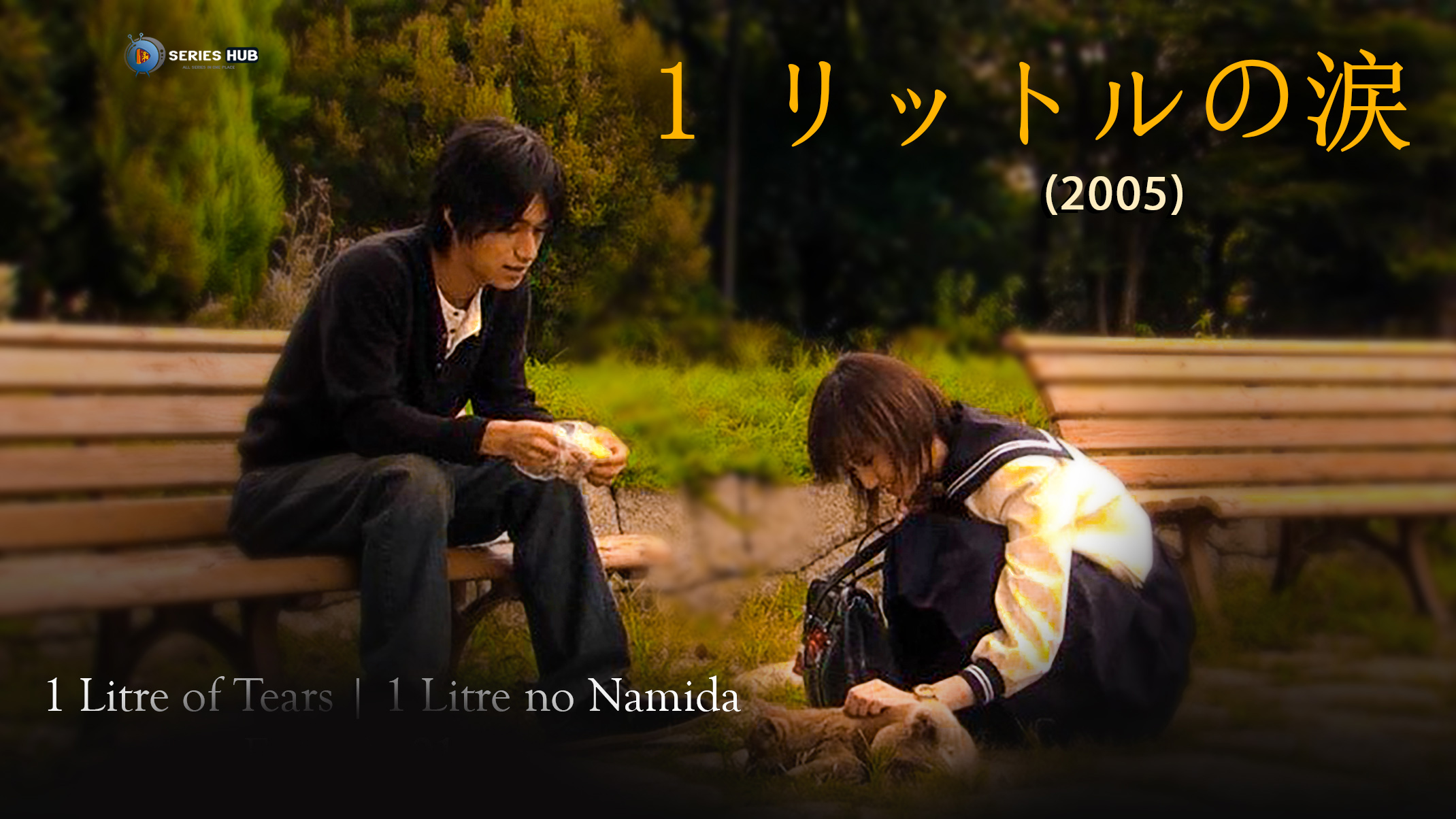
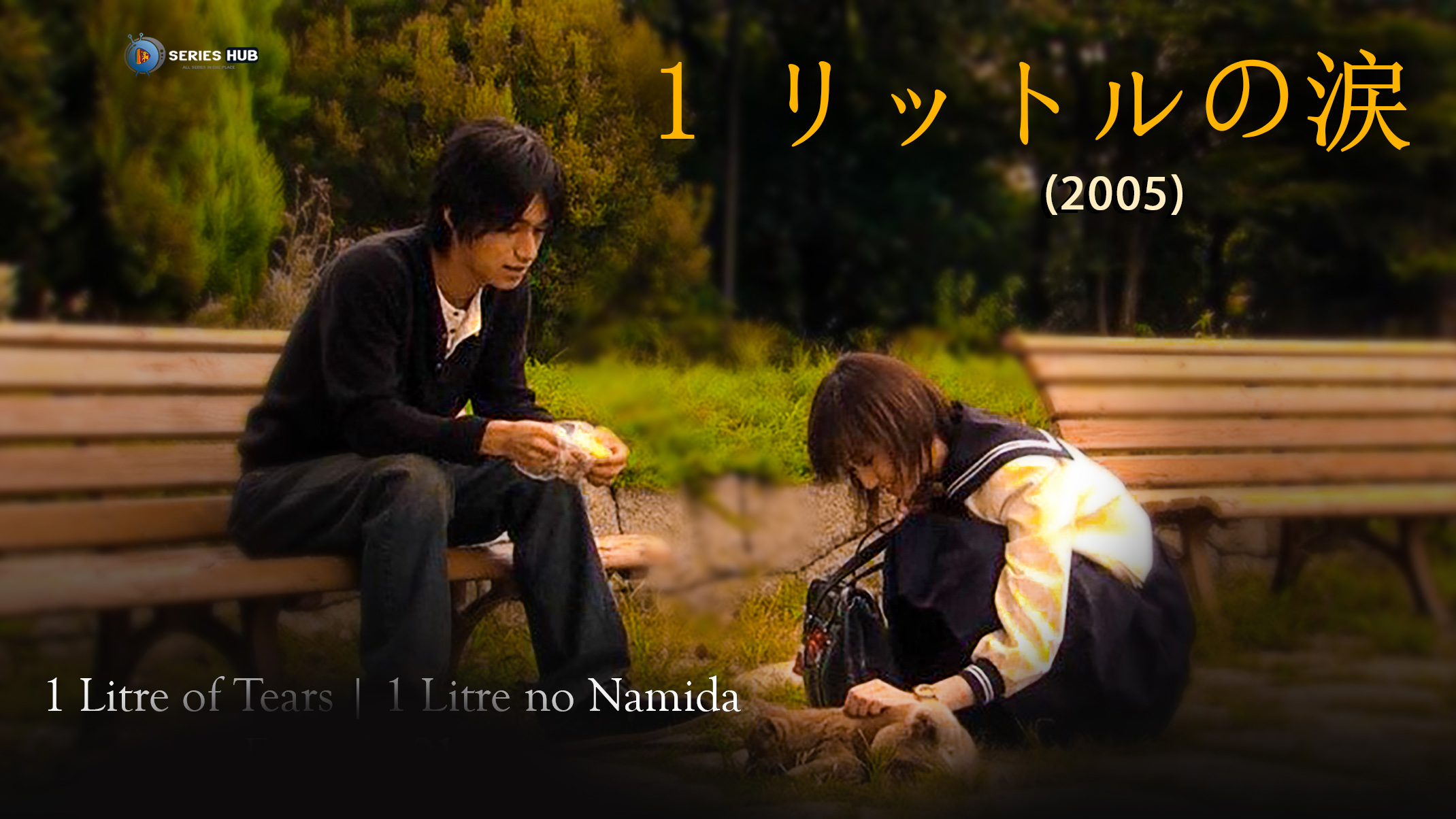
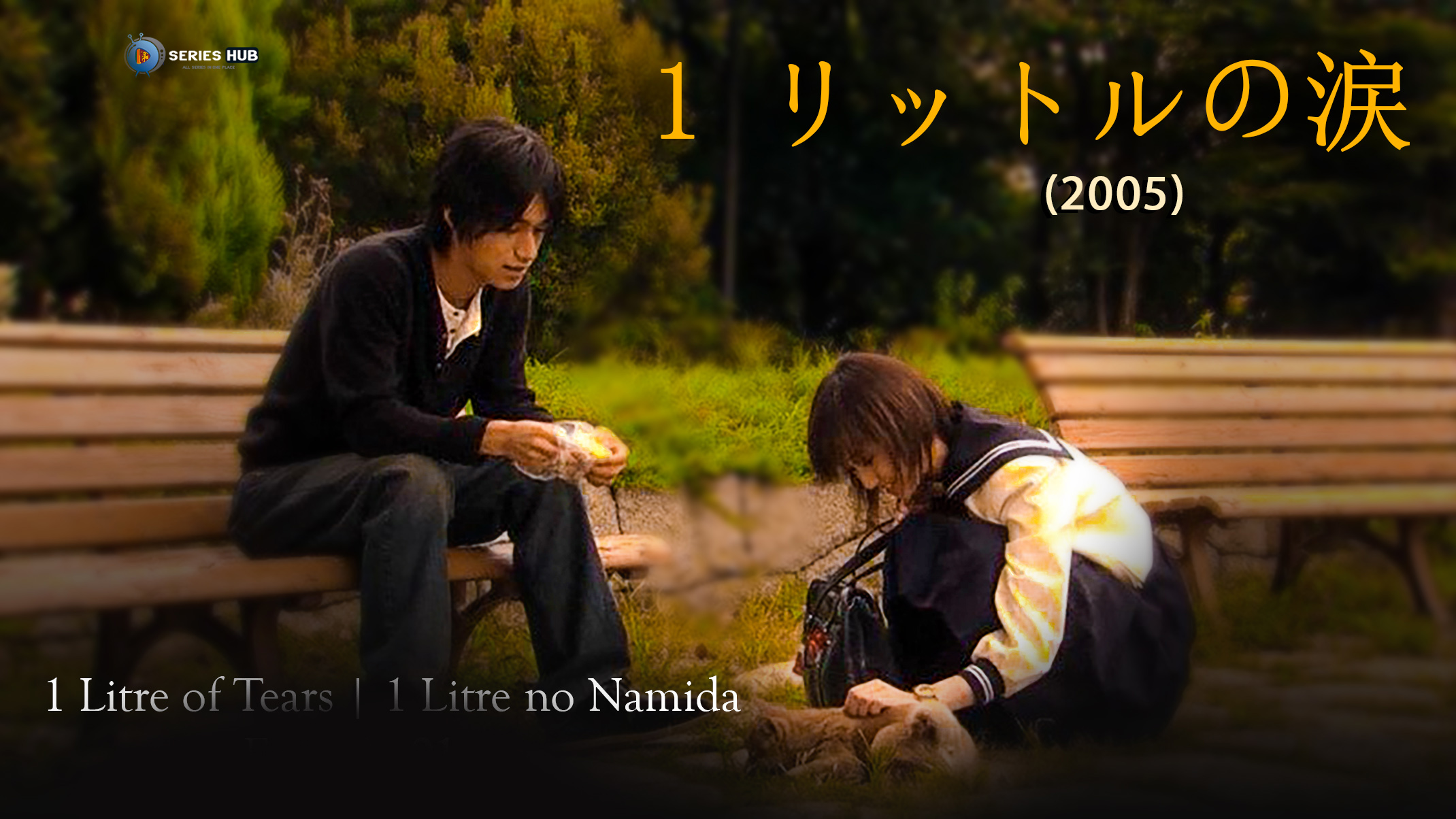
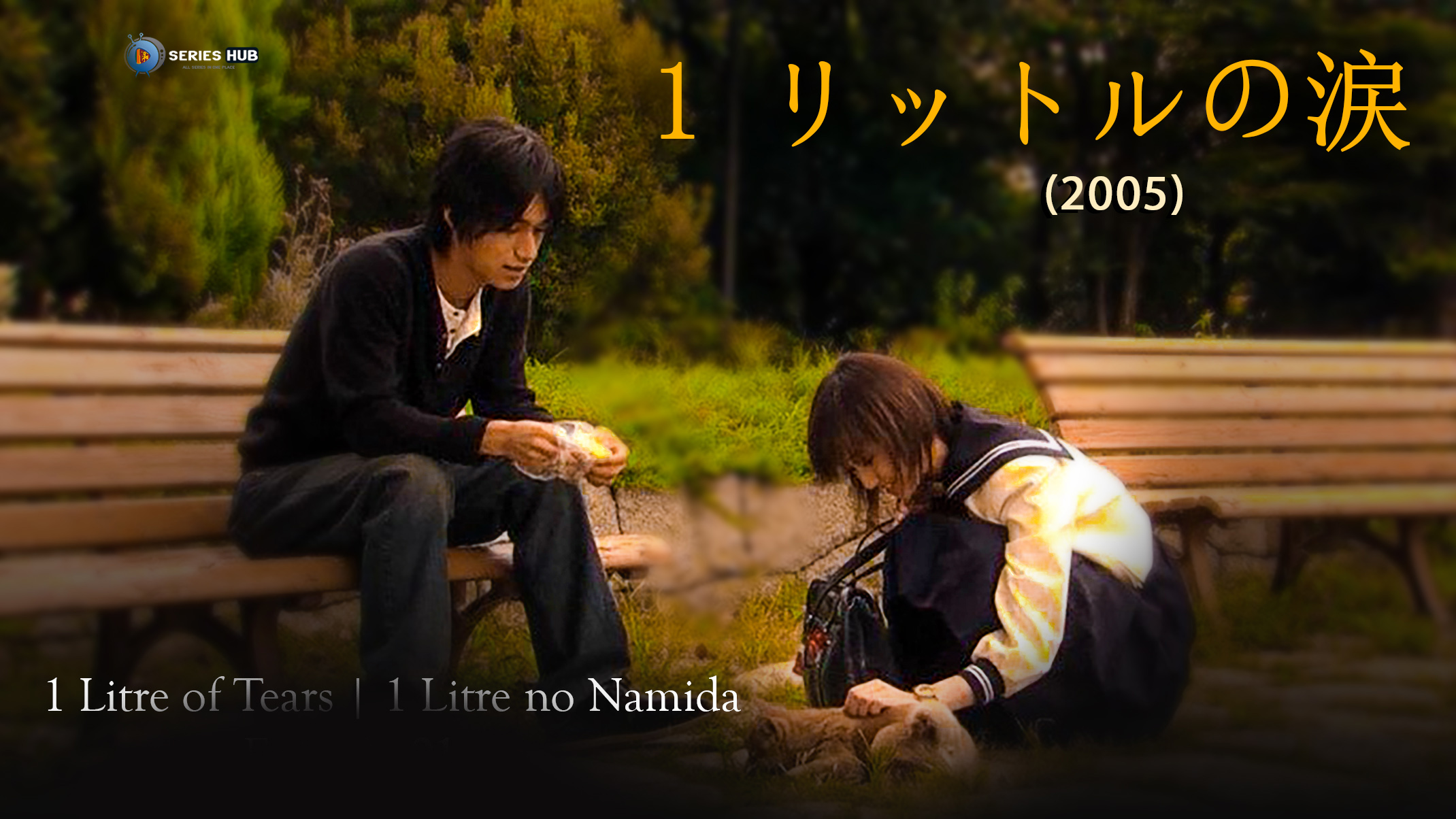
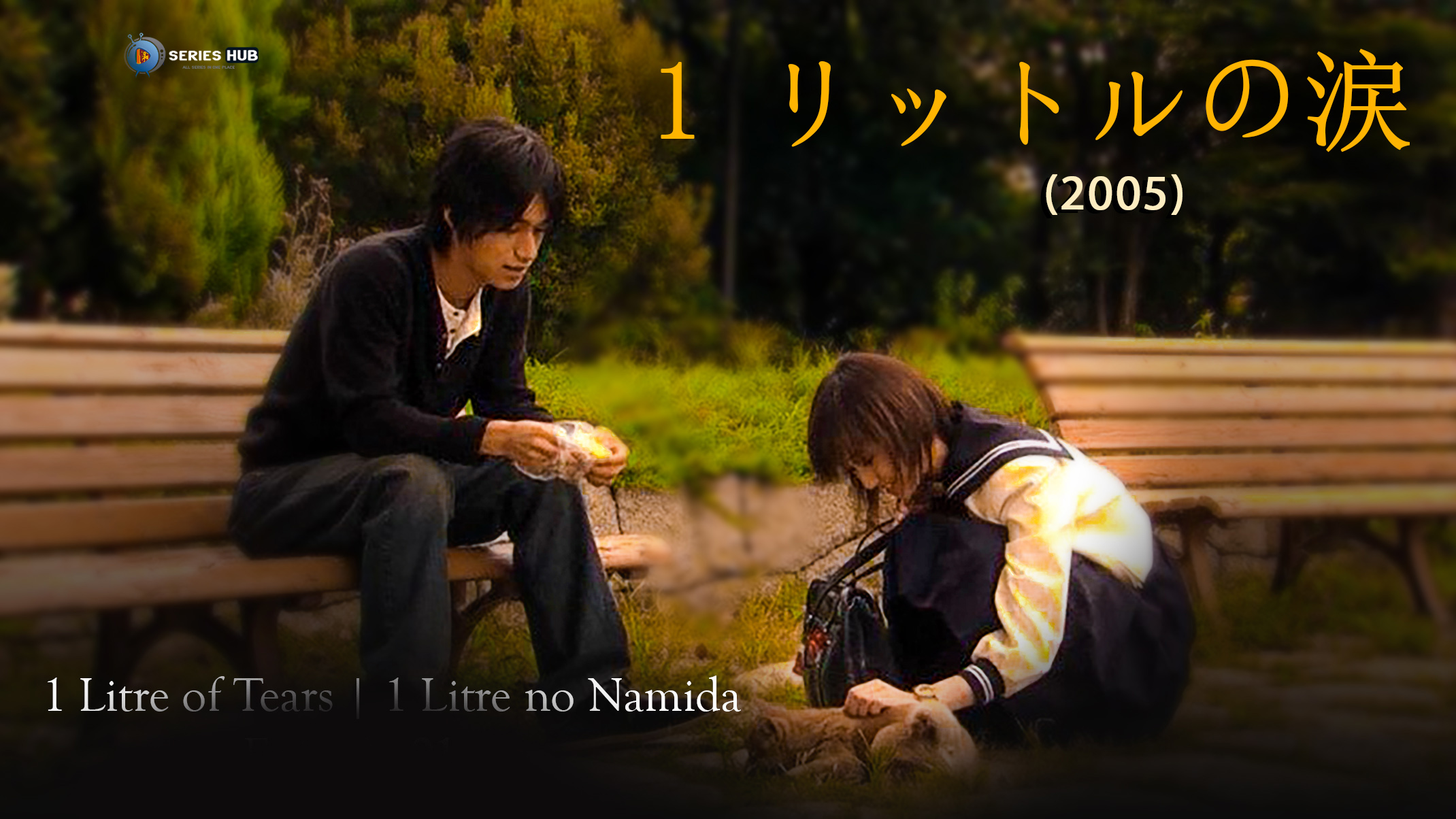
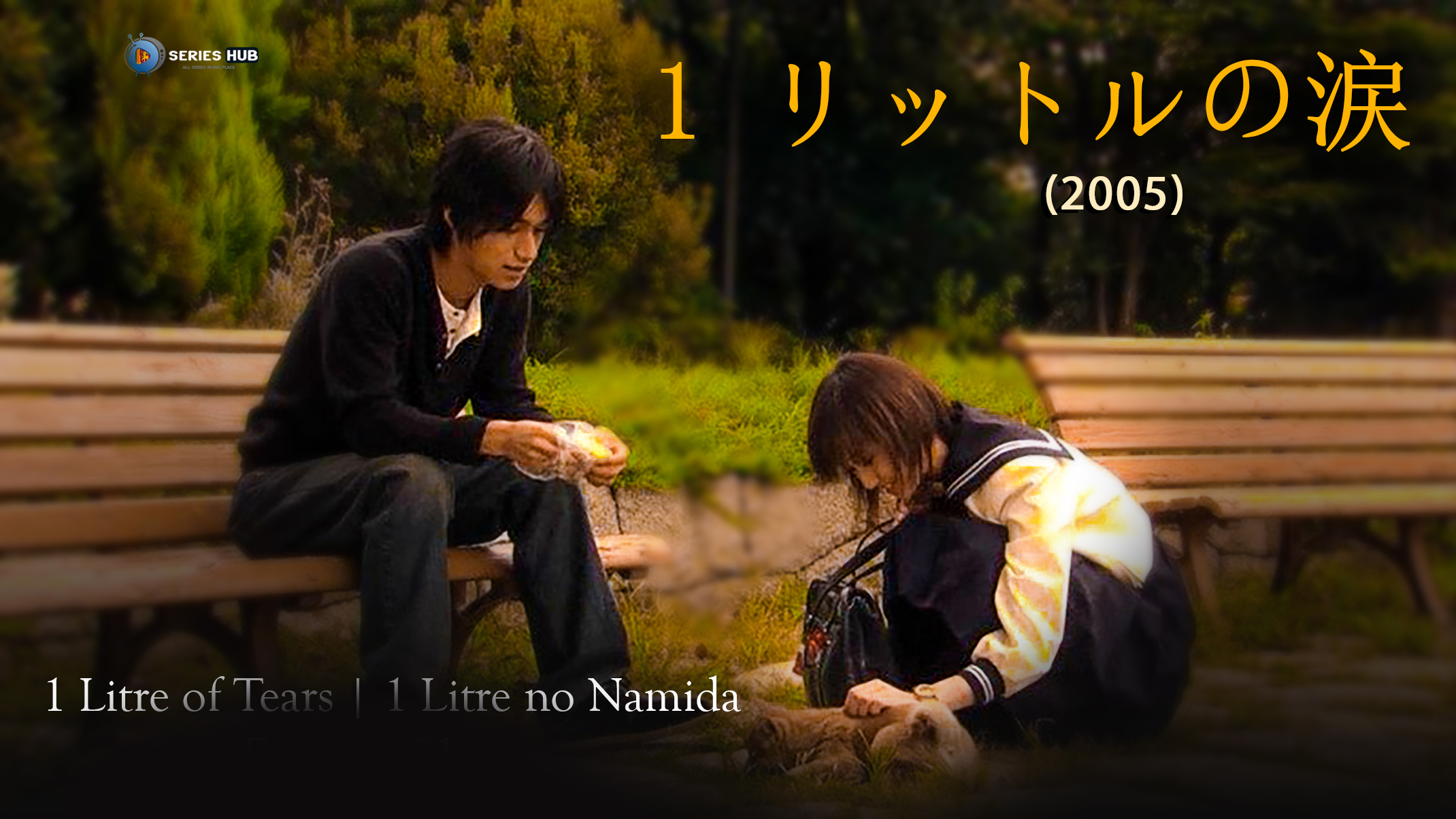
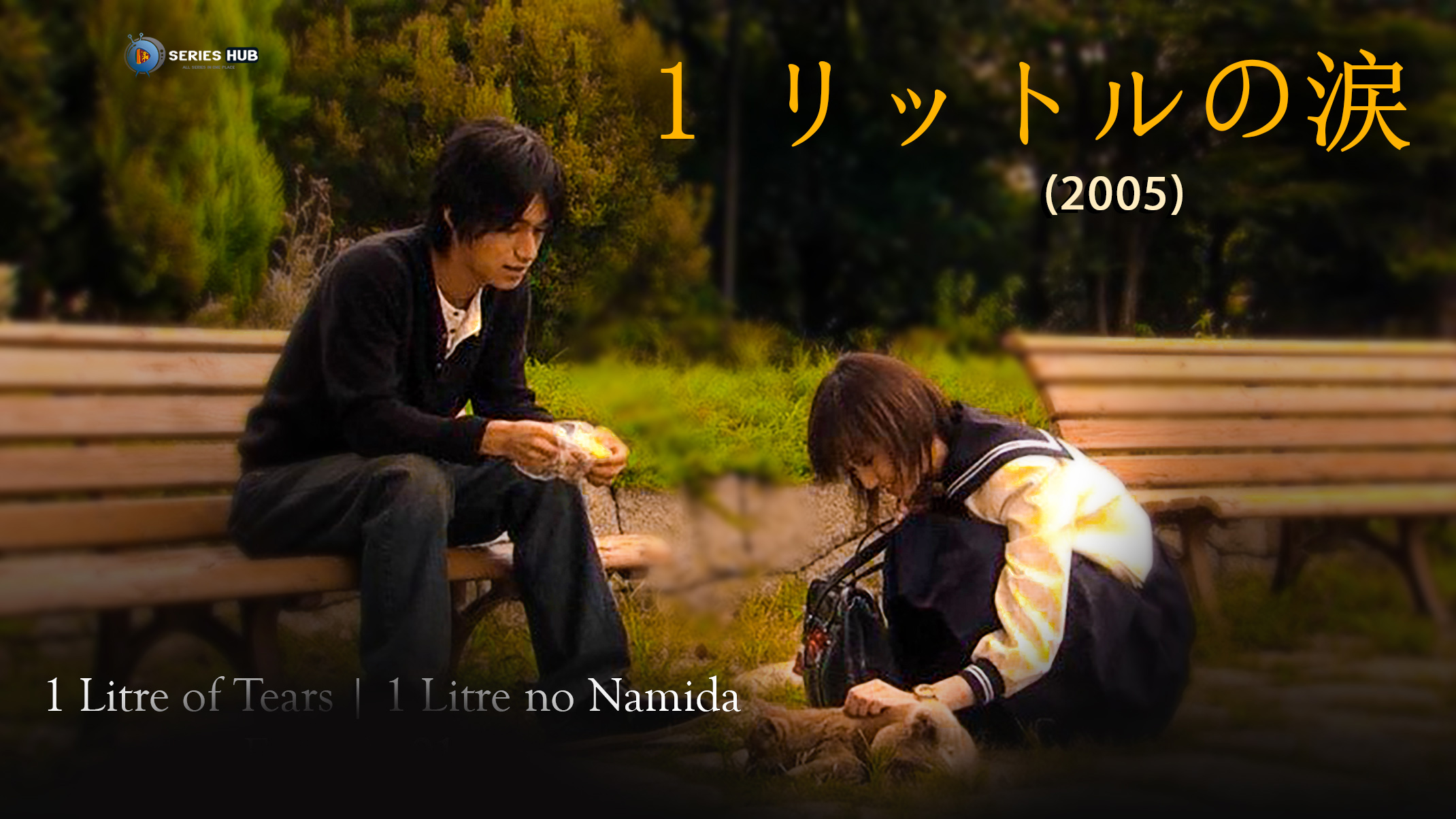
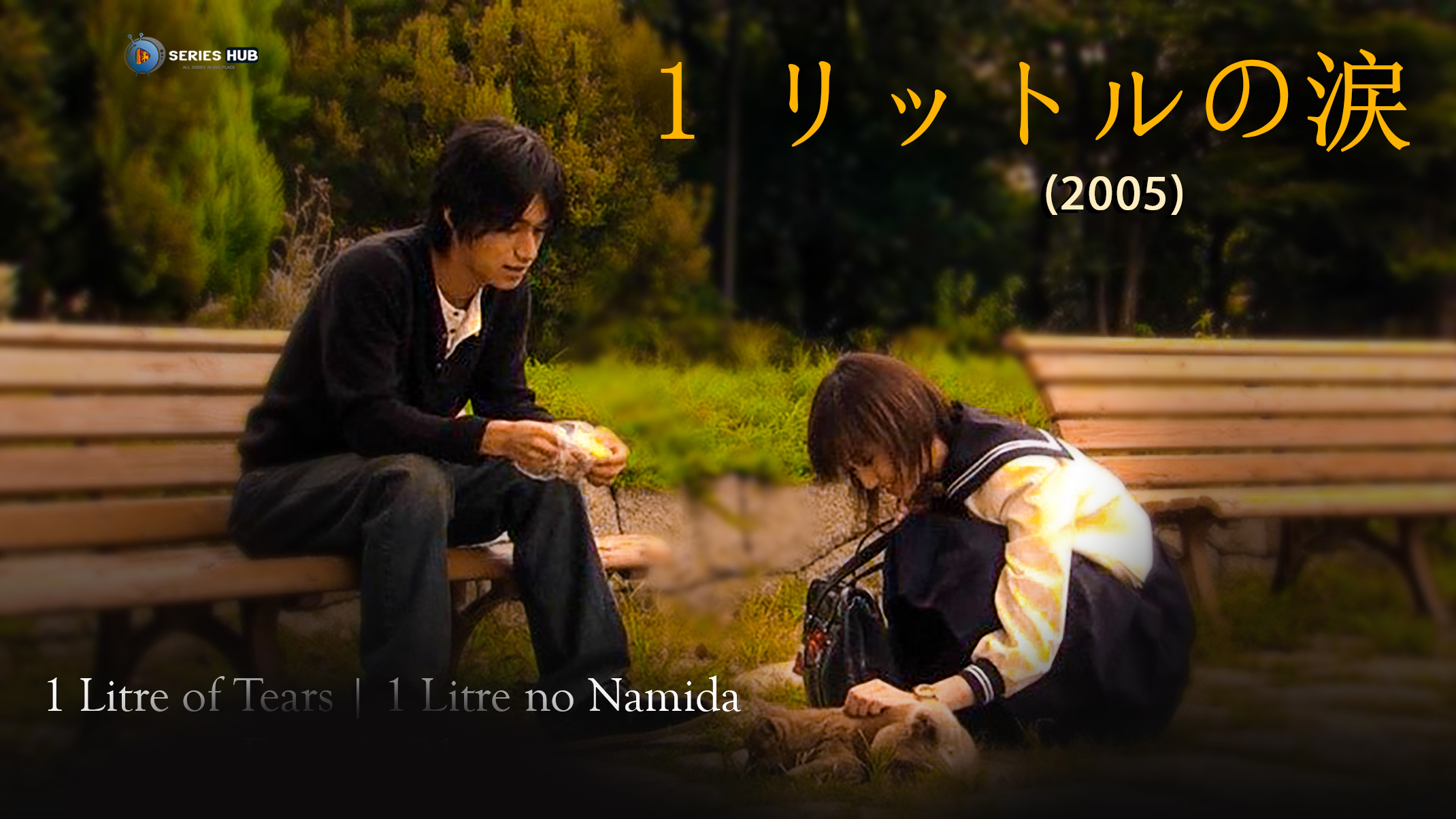
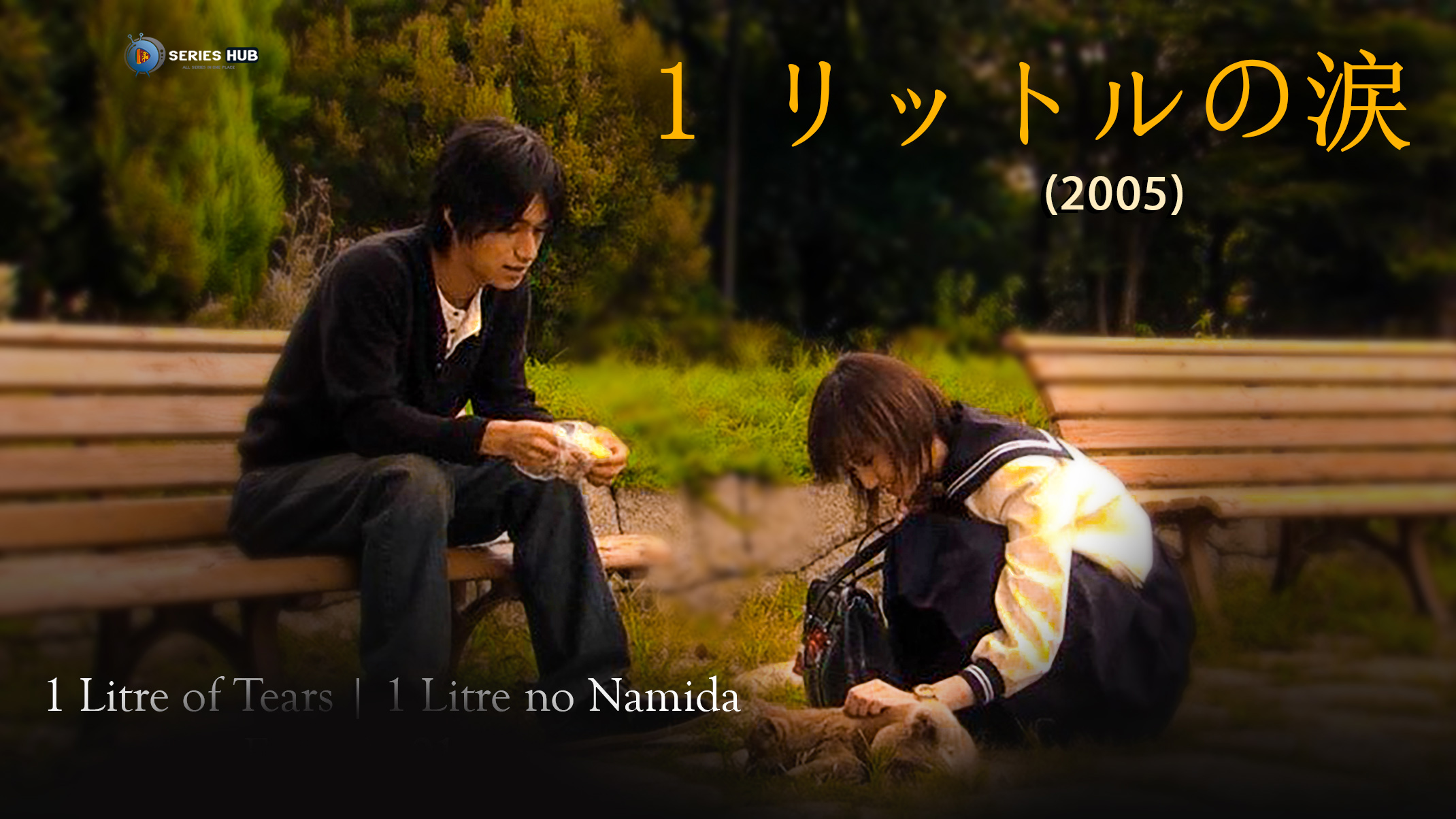
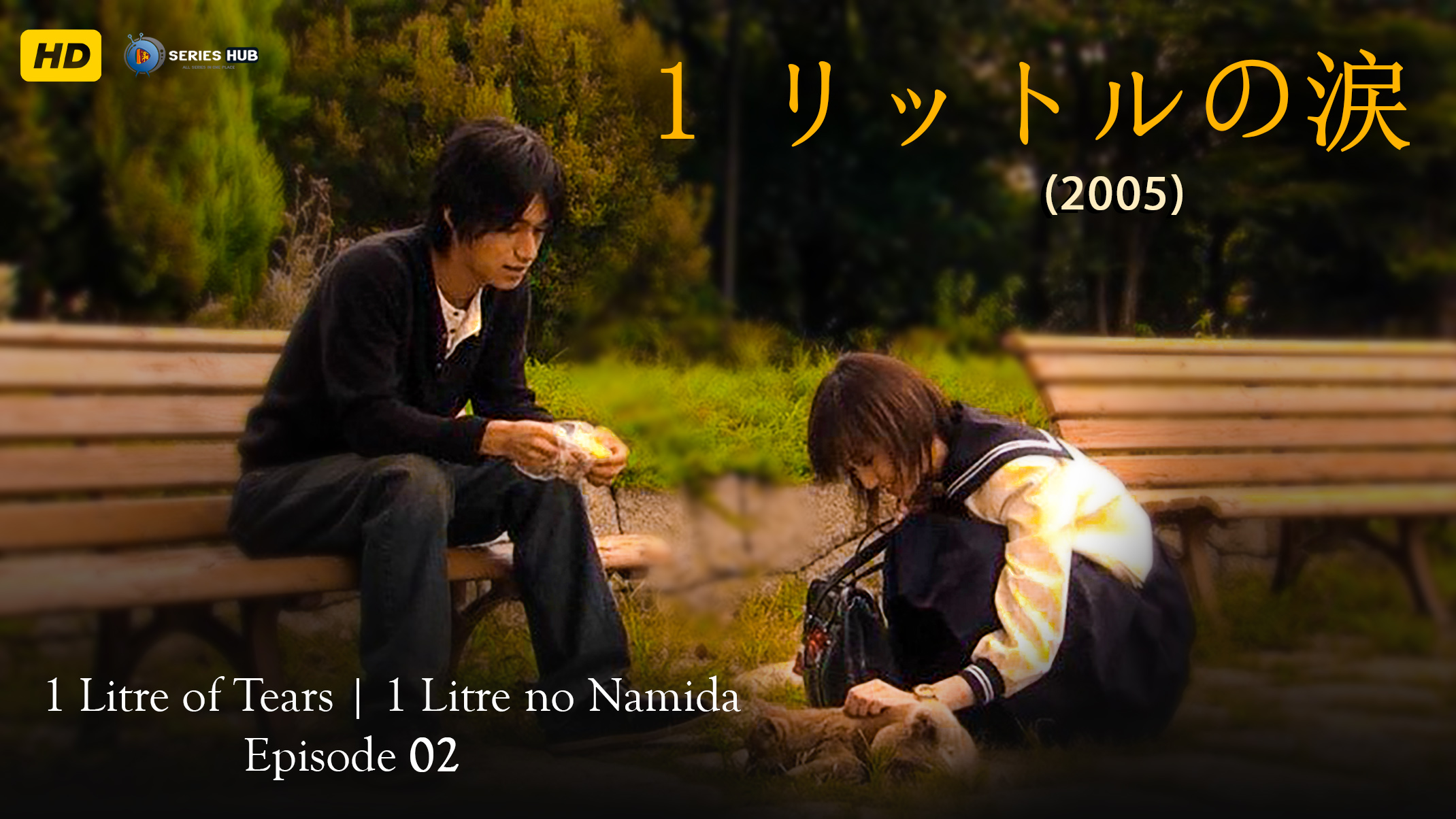
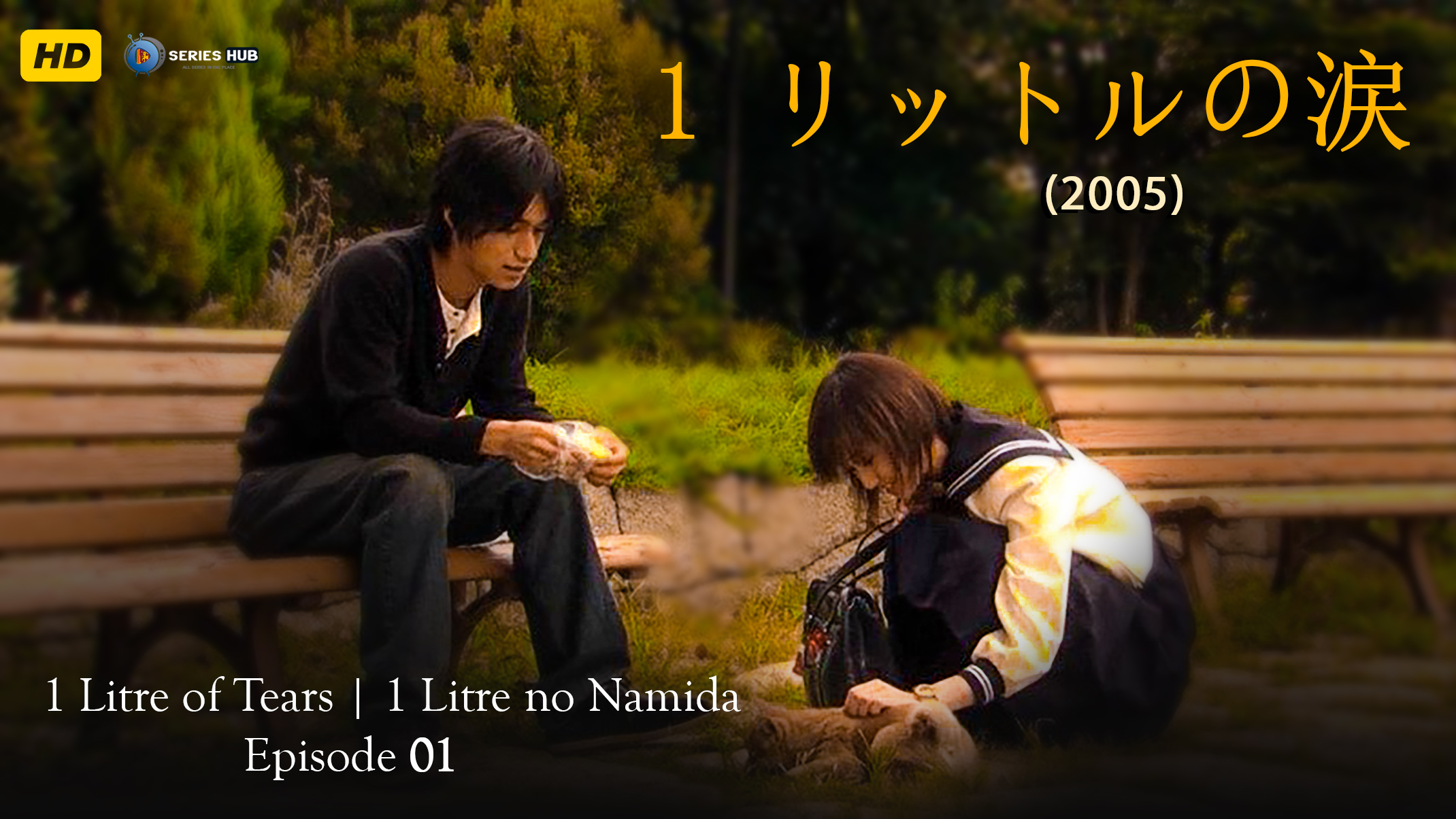












Comments
0Reviews
1Summery
1Please sign in to comment.
1 Litre of Tears (2005) is a heart-wrenching Japanese drama that takes you on an emotional rollercoaster ????. The story of Aya, a young girl battling a debilitating illness, is both powerful and inspiring ????. The performances are deeply moving, leaving viewers with a profound sense of empathy and admiration ????????. The poignant storytelling and emotional depth make it a must-watch, offering a beautiful yet heartbreaking glimpse into courage and resilience ????✨. An unforgettable journey that will stay with you long after the credits roll ????.
Please sign in to review.
1 Litre of Tears: A Heart-Wrenching Journey of Resilience and Hope
"1 Litre of Tears" is a Japanese drama film released in 2005, based on the real-life story of Aya Kito, a young girl diagnosed with spinocerebellar ataxia, a rare and incurable degenerative disease. Directed by Ryo Nishikido, the film stars Asae Onishi as Aya and Kazuko Kato as her mother, Shioka. The film is adapted from Aya's diary, which she began writing at age 15 and continued until she could no longer hold a pen. The diary, originally published in 1986, has touched millions of readers worldwide, and the film adaptation brings her story to life in a profoundly moving way.
Plot and Characters: The narrative follows the life of Aya Ikeuchi, a bright and cheerful 15-year-old high school student who begins experiencing unexplained clumsiness and frequent falls. Her loving family, particularly her mother, becomes increasingly concerned as her symptoms worsen. After numerous medical consultations, Aya is diagnosed with spinocerebellar ataxia, a condition that gradually impairs the brain's ability to control the body’s muscles, leading to loss of coordination and, ultimately, severe disability. As the disease progresses, Aya faces immense physical and emotional challenges. Despite her deteriorating condition, she continues to attend school, write in her diary, and maintain a hopeful outlook on life. Her diary entries, filled with poignant reflections on her experiences, fears, and dreams, serve as the backbone of the film’s narrative. The characters in "1 Litre of Tears" are portrayed with deep empathy and authenticity. Aya’s mother, Shioka, is a pillar of strength and support, tirelessly advocating for her daughter and providing unwavering care. The bond between Aya and her family is central to the story, highlighting the themes of love, resilience, and the human capacity to endure unimaginable hardship.
Themes and Symbolism: "1 Litre of Tears" is a profound exploration of resilience in the face of adversity. The film delves into themes of hope, courage, and the importance of family support during difficult times. Aya's journey is not just about her battle with a debilitating disease but also about her indomitable spirit and determination to live life to the fullest despite her limitations. The title itself, "1 Litre of Tears," symbolizes the immense emotional pain and sorrow experienced by Aya and her loved ones. Yet, it also signifies the cathartic release that comes with expressing grief and finding strength in vulnerability. Aya’s diary, filled with her innermost thoughts and feelings, becomes a symbol of her enduring legacy, inspiring countless individuals to appreciate life and face their own challenges with bravery.
Cinematic Style: Director Ryo Nishikido employs a delicate and sensitive approach to storytelling, allowing the emotional weight of Aya's story to unfold naturally. The film’s pacing is deliberate, mirroring the gradual progression of Aya’s disease and her changing perspective on life. Cinematographer Yoshio Kitagawa captures the beauty of everyday moments, juxtaposing them with the harsh realities of Aya’s condition, creating a poignant contrast that underscores the film’s emotional impact. The use of close-up shots and intimate framing draws the audience into Aya’s personal world, fostering a deep connection with her character. The film’s color palette, dominated by soft, natural tones, enhances the sense of realism and intimacy, making the audience feel like they are part of Aya’s journey.
Performances: Asae Onishi delivers a remarkable performance as Aya Ikeuchi, portraying her character’s physical and emotional struggles with authenticity and grace. Onishi’s portrayal captures the essence of Aya’s spirit, balancing moments of vulnerability with scenes of profound strength and determination. Her performance is both heart-wrenching and inspiring, leaving a lasting impression on the audience. Kazuko Kato, as Aya’s mother Shioka, provides a compelling and deeply moving performance. Her portrayal of a mother’s unconditional love and relentless fight for her daughter’s well-being is both powerful and relatable. The supporting cast, including Takanori Jinnai as Aya’s father and Hiroko Yakushimaru as her doctor, further enrich the narrative with their nuanced performances.
Music and Sound Design: The film’s soundtrack, composed by Susumu Ueda, complements the emotional tone of the story. The music, characterized by its gentle melodies and poignant arrangements, enhances the film’s impact without overshadowing the narrative. The use of sound design, including the ambient sounds of daily life and the quiet moments of reflection, creates an immersive atmosphere that draws the audience into Aya’s world.
Reception and Legacy: "1 Litre of Tears" received widespread acclaim for its sensitive portrayal of a young girl’s struggle with a terminal illness. Critics praised the film’s emotional depth, realistic performances, and respectful handling of its subject matter. The film resonated deeply with audiences, particularly those familiar with Aya Kito’s diary, and has since become a beloved and enduring work in Japanese cinema. The impact of "1 Litre of Tears" extends beyond the film itself, inspiring greater awareness and understanding of spinocerebellar ataxia and other neurodegenerative diseases. Aya Kito’s story continues to inspire and offer solace to those facing similar challenges, reminding them of the importance of hope, resilience, and the enduring power of love.
Conclusion: "1 Litre of Tears" is a deeply moving and beautifully crafted film that offers a heartfelt exploration of life, love, and the human spirit. Through its sensitive storytelling, compelling performances, and evocative cinematography, the film provides a powerful reminder of the strength and resilience that lies within each of us. For those seeking a poignant and inspirational cinematic experience, "1 Litre of Tears" is a must-watch, offering a touching tribute to the enduring legacy of Aya Kito.